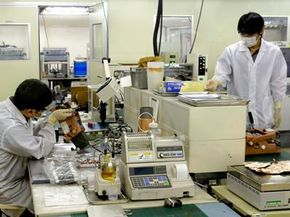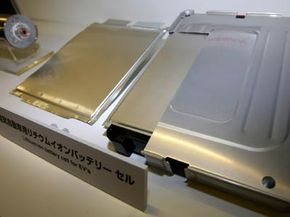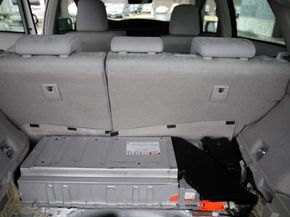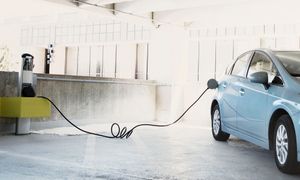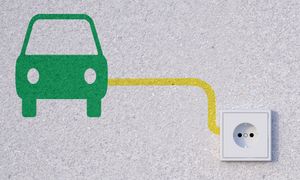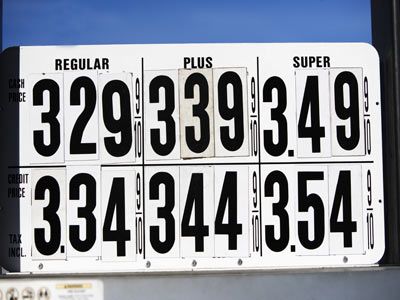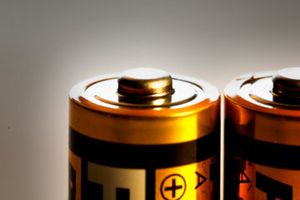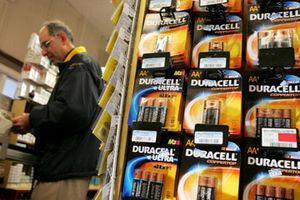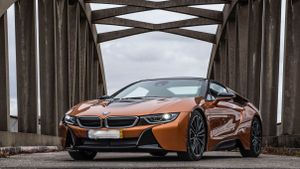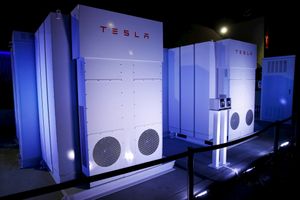The battery pack in a hybrid car is arguably one of the most important parts that make it go. As you may already know, a hybrid car makes use of a combination of an internal combustion engine and electric motor. While the gasoline that provides energy for the engine is stored in a fuel tank, the electric motor gets its power from a different source.
A battery pack stores and supplies the energy necessary to power a hybrid car's electric motor. Without the chemical reactions that happen inside a battery, the technology that makes a hybrid vehicle a hybrid simply wouldn't be possible.
Advertisement
But despite the battery pack's prominence and importance in hybrid vehicles, sometimes they get a bad rap. Skeptics of hybrid technology point to several shortcomings associated with these car batteries. For example, they don't provide enough power, and therefore hybrid cars are slow; the batteries are too heavy, which counteracts a hybrid's supposed fuel economy; the materials many batteries are made from, like lead, are harmful for the environment and go against the familiar "green" claim.
The good news is this hasn't deterred battery manufacturers from trying to make their product better. On the contrary, there happen to be many ways that battery packs are undergoing improvement. In no particular order, here are five ways that hybrid battery packs are being improved.
